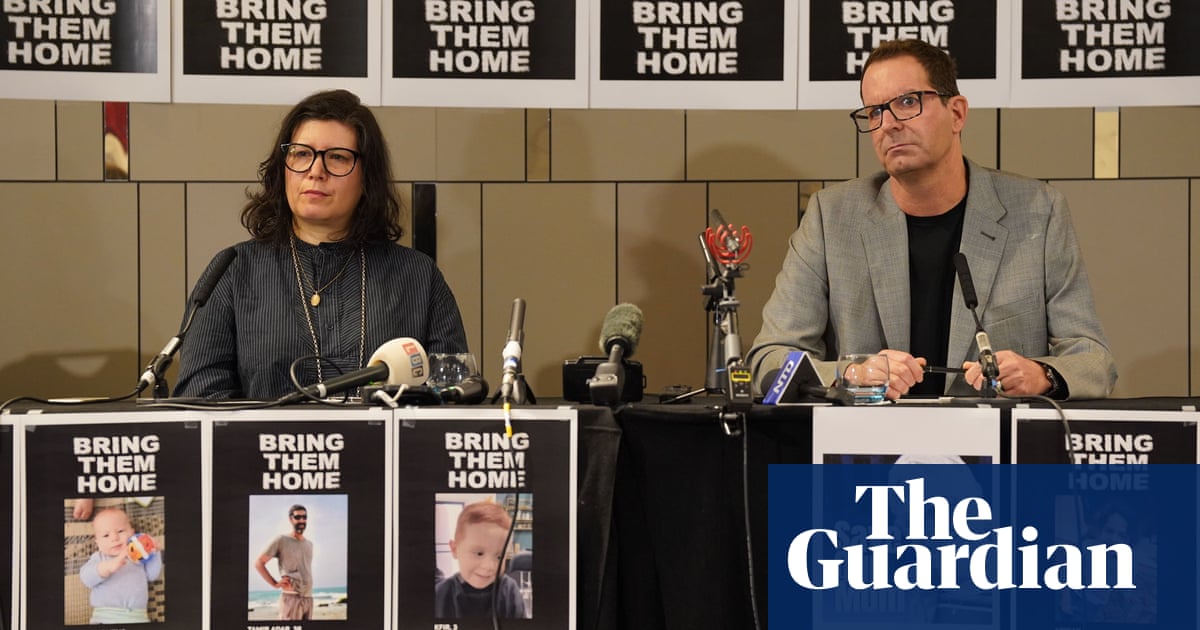
Iraqi Prime Minister Haider Al-Abadi is about to transfer the files of 50 senior officials to the Commission of Integrity to investigate claims of corruption and mismanagement, sources with knowledge of the matter told Asharq Al-Awsat.
The sources added that the list would include ministers and secretaries of ministries, but observers reduced the premier’s ability to hold the officials accountable.
The head of the Center for Political Thought, Ihsan al-Shamri, who is close to the Iraqi prime minister, told Asharq Al-Awsat that the planned measures “may take a long time because of the nature of the files that require thorough checks and inspections.”
He noted that the officials, who would be referred to the commission, occupied positions of ministers, deputy ministers and directors general of various state institutions.
In a press conference on Tuesday, Abadi said the government was about to publish a list of the names of officials who have been referred to the Commission of Integrity on corruption claims.
He also called on legislative and executive authorities to “cooperate with the executive bodies to fight corruption.”
On Sunday, Abadi sacked Electricity Minister Qassim al-Fahdawi to contain popular protests over poor power services and other demands. The move followed warnings made by influential cleric Ali al-Sistani that failure to meet the people’s demands would have bad consequences.
Iraqi political circles are currently talking about the premier’s intention to sack other officials managing state departments and ministries.
According to head of the Iraqi Center for Media Development Adnan al-Sarraj, “Abadi’s chances of fighting corruption are not great in light of the current political and administrative complexity.”
Speaking to Asharq Al-Awsat, he said: “There is no doubt that Abadi is very serious in his fight against corruption, and he is determined to refer many senior officials to investigation, but the problem is that it does not stop at this point,” noting that those officials belonged to powerful blocs that would seek to prevent their prosecution.












